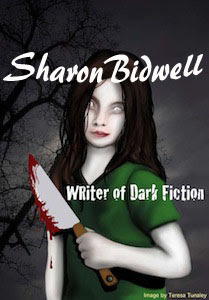All publishers have them, and most are online nowadays, so make a note, pay attention, and follow the guide. The instructions will often explain not only how to present work but also what type of stories the publisher is looking for. This may be for general publication or a specific submission call, such as a magazine putting out a themed issue.
PAY ATTENTION. Seriously. Occasionally, writers have cause to moan about the publishing industry, but we can say equally the same in reverse. I've witnessed a publisher's submission call receive hundreds of questions, the answers to which were in the call itself. Some publishers will display immense patience. Others, especially those inundated with submissions, will dismiss work from those individuals they view as acting less than professionally. Before the writer queries, best to make sure they've not provided the answer, so read the guide more than once.
Another good reason to read guidelines is it's amazing how many writers waste their time and that of agents and publishers by submitting the wrong thing to the wrong market. I'm not talking about not *quite understanding* what an editor is looking for—sometimes this is hit and miss at best—but it's pointless to send a romance title to a horror market or vice versa, and yet it continues to happen. Result: Binned. The writer may receive guidelines in reply or hear nothing.
Study the market. Make sure the right story goes to the right publication or as close as is possible so it has a genuine chance. Also buy and read at least one copy of any magazine or a book from a publisher when considering the market. Not only does the purchase help keep these markets going, it gives the writer an insight to what the publisher requires. Reading is really the only way to tell whether a work fits and whether the author even wishes to consider a specific publisher. Send out work randomly and it wastes everyone's time.

No comments:
Post a Comment